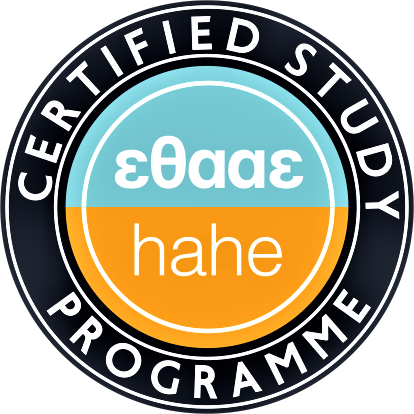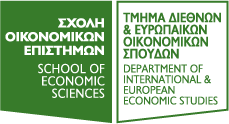Macroeconomics I
Number of credits allocated: 6 ECTS Credits
Objective of the course (expected learning outcomes and competences to be acquired)
- Upon successful completion of the course, students should:
- Have acquired an understanding of macroeconomics and macroeconomic policy-making.
- Have developed a set of analytical tools and be able to apply these to interpret and address macroeconomic issues.
- Have an understanding of the conceptual and substantial differences between the short, medium and long run.
- Understand why some countries are rich and some are poor, why different economies grow at different rates, and what determines economic growth and prosperity.
- Have an understanding of the factors that account for the recurrent fluctuations in employment and output called the business cycle and the factors are at play in financial crises.
- Understand what causes inflation in the short, medium and long run, and the important of monetary stability.
- Be familiar with the role of monetary and fiscal policy, its impact on the economy and its limitations.
- Understand the differences between macroeconomic policies in closed vs. open economies and the role of the exchange rate.
Prerequisites: None
Course contents
1. Introduction to Macroeconomics: National Accounts, Prices and National Income Determination.
2. Economic Growth
3. Aggregate Demand, Fiscal Policy and Foreign Trade
4. Money, Banks and Monetary Policy, Monetary and Fiscal Policy in a closed economy.
5. Aggregate Supply, Price Levels and Speed of Adjustment.
6. Inflation, Unemployment and Economic (Business Cycle) Fluctuations
7. Exchange Rates, Balance of Payments and Open Economy Macroeconomics.
8. International Trade
Recommended reading
- Macroeconomics, Olivier Blanchard, εκδόσεις ΕΠΙΚΕΝΤΡΟ, 2021
- Macroeconomics, David Colander, Εκδόσεις Κριτική 2021
- Economics (Macroeconomics), Gregory N. Mankiw και Mark P. Taylor, Εκδόσεις Τζιόλα 2021
- Macroeconomics, Gregory N. Mankiw 10th edition, Worth Publishers 2019
- Macroeconomics: A European Perspective, Olivier Blanchard, Alessia Amighini, Francesco Giavazzi 4th edition, Pearosn 2021
- Macroeconomics, Andrew Abel, Ben Bernanke, Dean Croushore, 10th edition, Pearosn 2020
Teaching methods: Lectures and tutorials.
Assessment methods: Final written exam (100%) or final written exam (70%) and tutorials (30%).
Language of instruction: Greek





 Patision 76
Patision 76 2108203 106 / 2108203 107
2108203 106 / 2108203 107 
